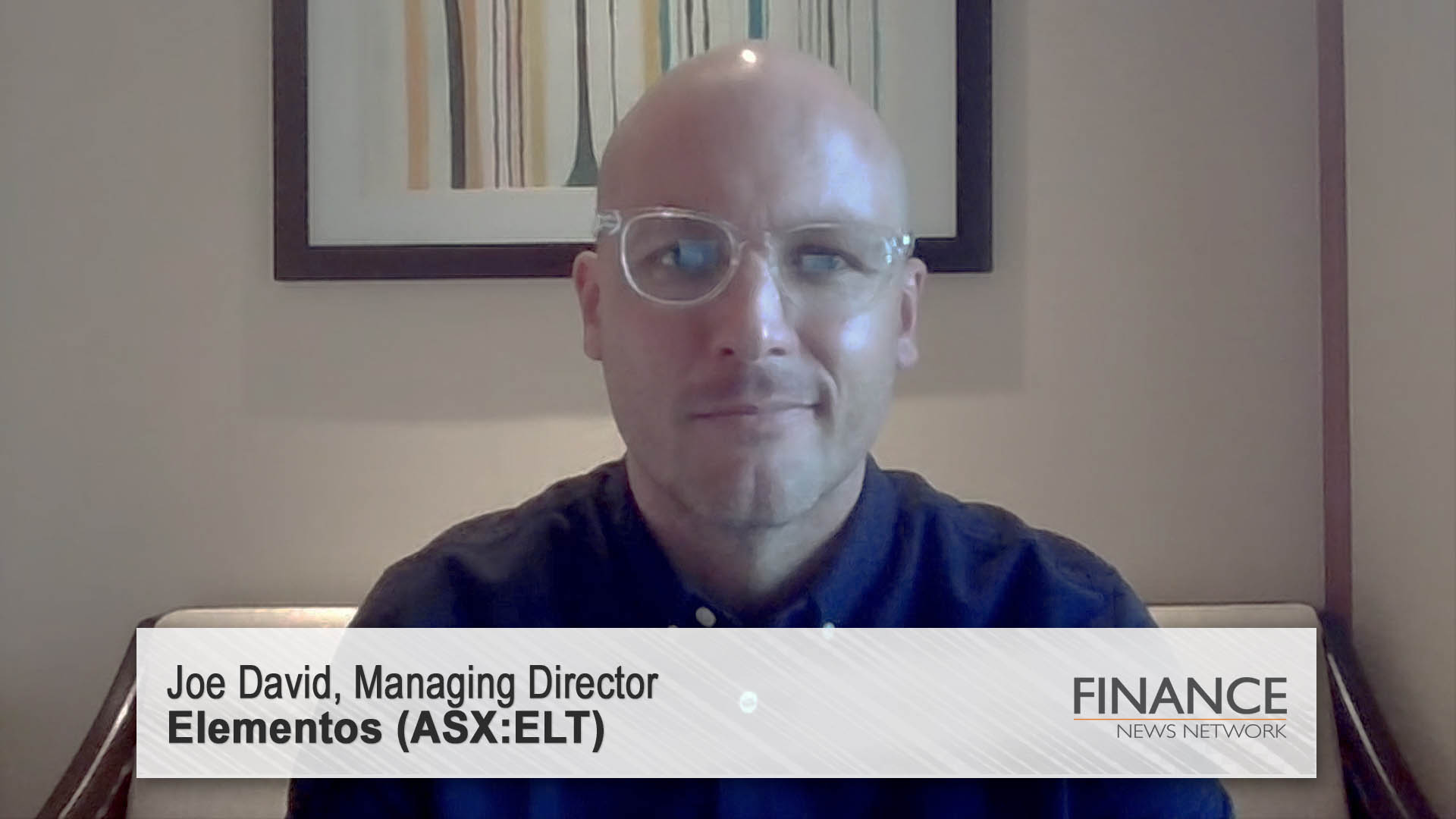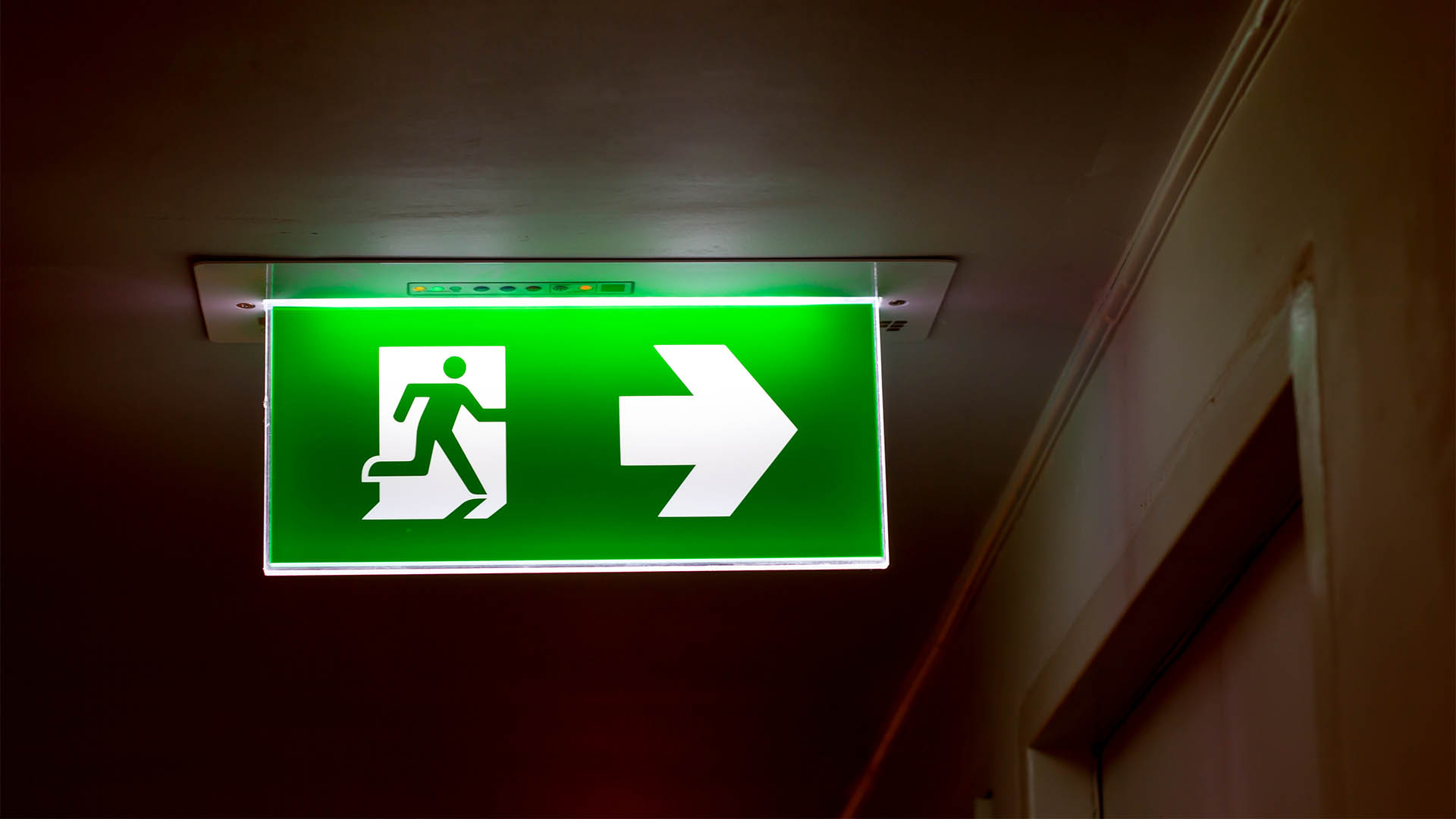It was a ghoulish way the US Justice Department went about ‘celebrating’ the 8th anniversary of the eruption of the full blown GFC on September 15, 2008. It chose an unlikely target to make its point – the struggling Deutsche Bank of Germany.
The department could have chosen Goldman Sachs and a host of other banks and names from the GFC with which to make its point, but choose Deutsche Bank and hit it with a demand for $US14 billion – a sum if confirmed that would bankrupt the fading german giant and spark a major row with Germany, European regulators and others, and possibly threaten the stability of global finance.
Rather than describe it has ghoulish, let’s use the phrase, ’ham-fisted’ to describe what is now a typically arrogant way American regulators go about enforcing their rules (but not enforcing them to the same extent, say against America’s former biggest bank, Well Fargo which was ‘only’ fined $US185 million for defrauding between 1.5 and 2 million customers through the creation of fake accounts and credit cards to drive corporate sales targets from 2011 to last year)
Deutsche Bank isn’t a cleanskin by any stretch – it has already had to pay a $US2.5 billion fine to regulators in 2015 for fiddling the key Libor interest rate setting system in London, and it was heavily involved in selling dodgy mortgage-backed securities (and speculating in them as the book and movie, The Big Short, makes clear) in the lead up to the GFC.
But a $US14 billion demand is extortionate when the bank was only worth $US20 billion at the close in New York this morning. And after trading has finished, came news of the US Department of Justice effectively wanting to bankrupt the bank by claiming a $US14 billion fine to settle the mortgage security misselling allegations in the lead up to the GFC. Deutsche Bank shares fell 6.7% in after hours trading, wiping another $US1.2 billion from its value.
So with it now worth just $US17.8 billion, and the US regulators want it to find $US14 billion. The bank has built up a reserve of $US5.4 billion to settle all its legal problems around the world, but there’s no way of knowing how much has been allocated to the US mortgage problems.
Big US banks including JPMorgan, Bank of America and Citigroup have already settled with US regulators over their misselling of mortgage-backed securities(CDOs, CLOs, CDOs squared, and other so-called alphabet securities whose huge leverage and dodgy underlying assets (or really, underlying assets, helped trigger the GFC, and then contributed mightily to the collapse of Lehmann Brothers 8 years ago yesterday, which trigged the full blown crisis which nearly plunged the global (and Australian) economies into deep depression.
Deutsche Bank has naturally told the Americans to go away, saying in a statement “Deutsche Bank has no intent to settle these potential civil claims anywhere near the number cited. The negotiations are only just beginning. The bank expects that they will lead to an outcome similar to those of peer banks which have settled at materially lower amounts.”
This is not to absolve Deutsche Bank from being greedy and stupid in the lead up to the GFC. It was and deserves to pay heavily (note again that the Americans are not trying to make this criminal, which would damage the bank terribly, or trying to convict any executives involved at the time), but this is another example of the over reach of the yanks when it suits them.
These misselling claims happened in the US of A, so it is not regulatory overreach (unlike the moaning about the EU trying to force Apple to $US13 billion plus interest for its tax deal with Ireland). It’s a form of overreach whose impact will be much greater than the $US14 billion claim. Another example of American financial imperialism?













